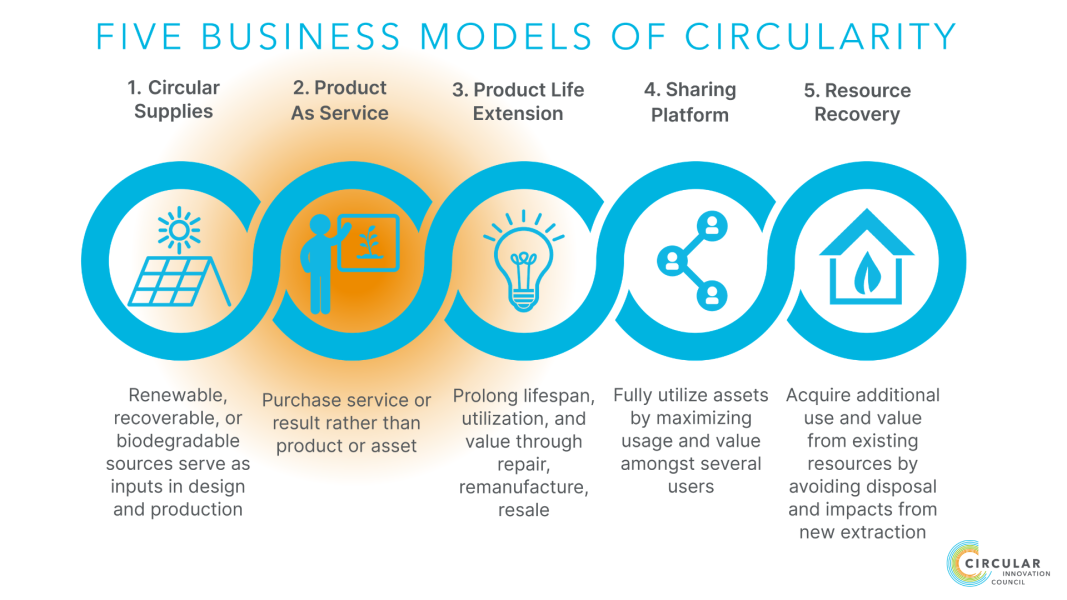
Circular Innovation Profiles is our feature series that showcases innovators and individuals that are helping to accelerate Canada’s circular economy by adopting circular business models and solutions.
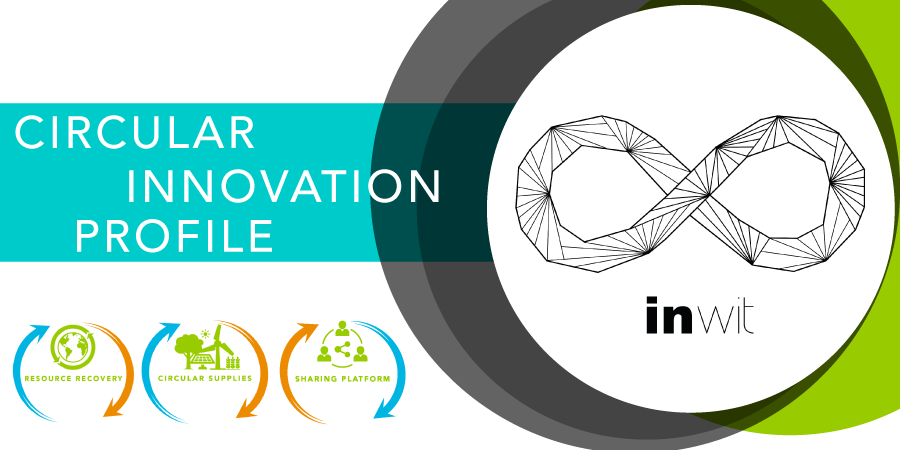
In every corner of the world sharing a meal brings people together. The culinary arts express cultures with countless flavour combinations and cooking styles unique to regions and communities. While the basic principles of food consumption will never change – hand to mouth – the principles of takeout food consumption and delivery are ripe for circularity. Inwit, a circular start-up, is aiming to kick-start a circular system for diners and restaurants that continues to foster the diversity of cities, nourish with cuisines from around the world, and help celebrate life’s milestones.
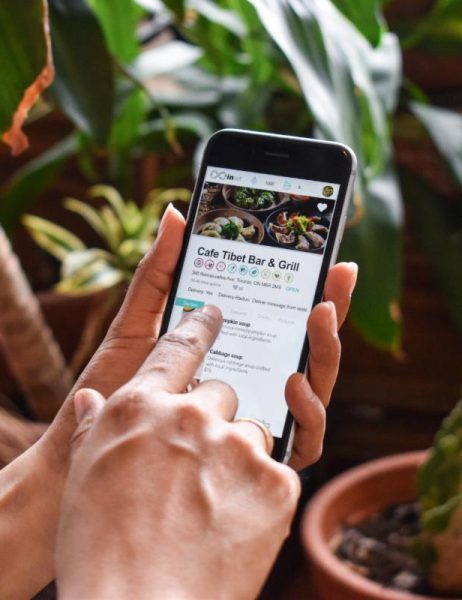
Inwit is Toronto’s first zero waste food app launching in the Roncesvalles neighbourhood of downtown Toronto.
It is an innovative solution to single-use waste: a marketplace that encompasses a reusable container borrowing system; a food ordering platform; and a rewards program. Inwit currently offers pick-up and take-out service, and will add delivery once they develop a fair model for delivery workers.
How It Works: customers use the Inwit mobile app to order ahead for a contactless pickup; enjoy a meal in reusable containers at home, work, or on the go; return rinsed containers to any participating restaurant within seven days; and earn Impact Points for closing the loop. Customers pay a 3 percent borrowing fee per order. On an order of $15, the borrowing fee is roughly 45 cents.
On return the containers are washed and sanitized according to Toronto Public Health standards, and then placed back into circulation to use again. Keeping circularity in mind, Inwit containers are made from 75 percent recovered steel with triton and silicone lids that can all be reused and recovered at end of life.
The circular business models in action: Sharing Platform with short-term peer-to-peer transactions to maximize productivity of largely idle assets; Circular Supplies with renewable, recoverable, or biodegradable resource inputs for products and materials; and Resource Recovery that converts material at end of life as a new circular supply.
For founder and CEO Erika Reyes Bolaños, circular inspiration struck from another unique form to express culture: film.
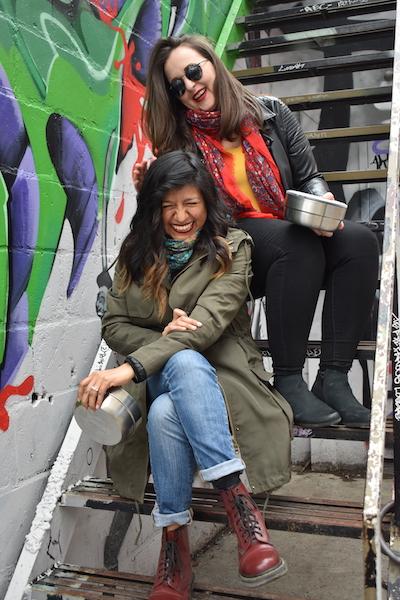
I was working with the Ontario Council for International Development, facilitating United Nations’ Sustainable Development Goals roundtables, and realized a common thread amongst all sectors. To move forward as a global community and leave no one behind we are all reliant on a healthy planet. Without a healthy thriving planet, all our collective work to improve the global quality of life, such as community development and human rights, will slowly disappear. Without a planet, we can’t put people first.
Behaviour change has been our biggest barrier to better circularity, begins Adrianna.At first, we thought compostable was the solution, and so did a lot of our target market, continues Erika. We need to be extremely careful of greenwashing. Take bio-plastics, as an example. It seems like an easy solution that avoids plastic but it’s just replacing one form of single-use for another.
While Inwit bridges circularity for restaurants and diners to disrupt the linear economy, for the circular economy to fully take root, conscientious consumption in every facet of daily living must occur. Inwit is poised to reduce single-use containers in Toronto by more than one million units by 2022.
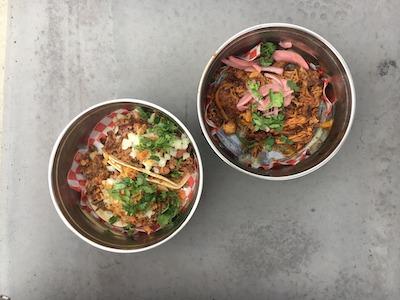

When asked what inspired their name, Erika says, Inwit, as a name and in our approach, is inward awareness of what’s right and wrong. It’s our consciousness, which will move society forward, especially for environmental protection and circularity.
Restaurants are vital threads in the cultural fabric of neighbourhoods. Innovative start-ups like Inwit that actively engage neighbourhoods to adopt circular practices in everyday activities builds the capacity required to truly advance the circular economy in every community across Canada.
We respectfully acknowledge that we live, work and play on the traditional territory of many Indigenous Nations and we humbly extend our respect to Indigenous individuals, communities and Elders, past and present, as the traditional custodians of this land.
Circular Innovation Council is a registered charity.
Charity Registration Number: 119112118 RR 0001